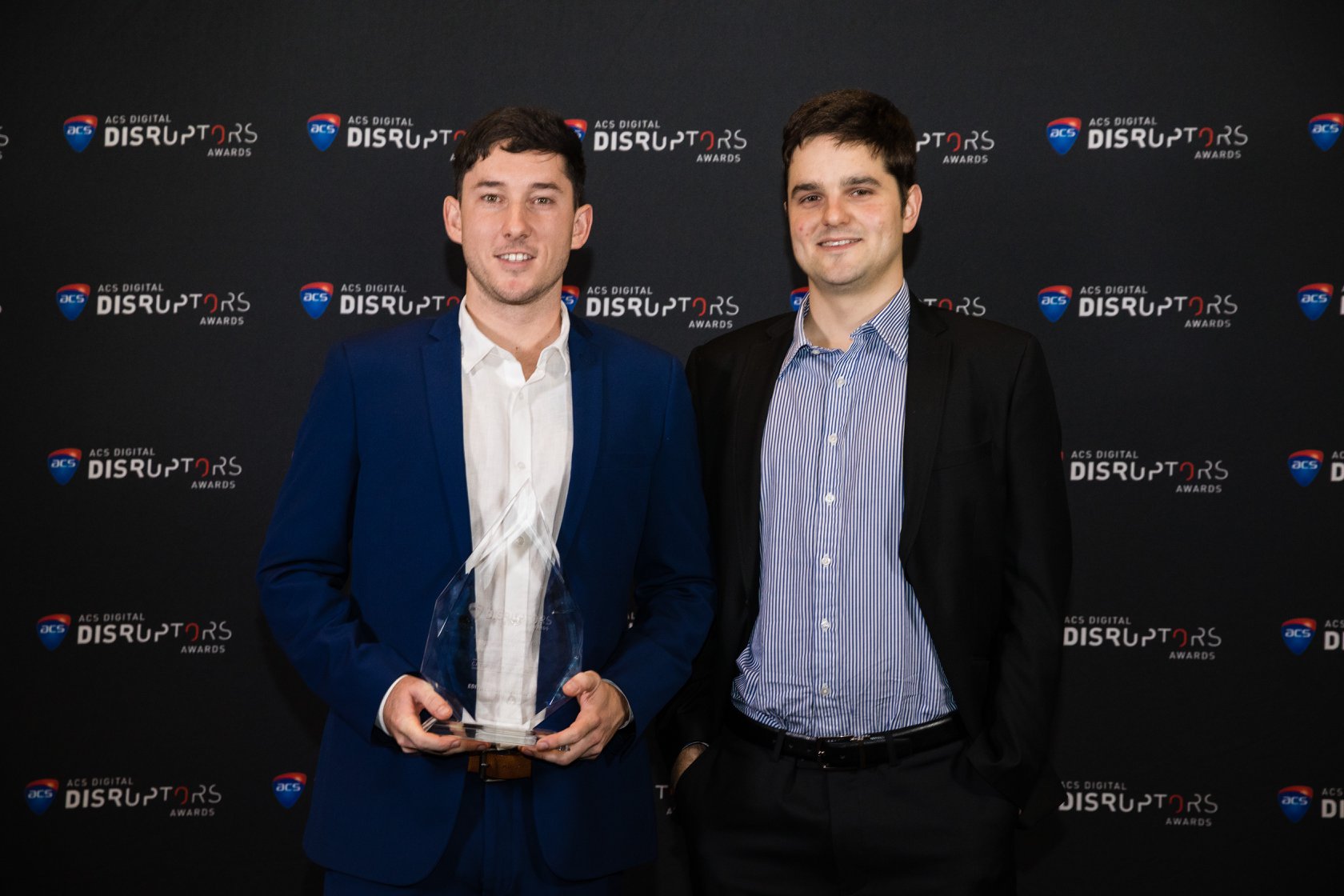A New Reality for Students with Special Needs
A Virtual Reality (VR) teaching tool developed by ECU computer science students could transform how some of society’s most vulnerable children are taught about personal safety and social interaction.
It was developed by Bachelor of Computer Science students Jarryd Wimbridge, Marko Vasev and James McNeil.
They have used VR to create a more engaging method of teaching the existing ‘circles’ concept which outlines appropriate interactions with family, friends and strangers.
Special needs students wear a VR headset and are presented with 3D models of people they interact with. They are asked to place them in the right ‘social circle’, from kiss and cuddle to shake hands or stranger space.
This protective behaviour training is hugely important for children with special needs who can find it difficult to respond appropriately in social situations.
The idea for Social Circles VR came from Jarryd’s experience working at an education support centre at a high school in Perth’s northern suburbs.
“Social Circles immerses the students in a virtual environment that can recreate the real thing without ever leaving the classroom,” he said.
“It can be used to teach activities that you and I take for granted but these students really need that extra help to understand.”
The tool has already been used at two education support centres in Perth’s northern suburbs and the team hope it might be rolled out to classrooms for children with special needs around the country.
“The schools that we’ve worked with think that it could be huge for other areas of special needs education such as visiting new places or night and morning bathroom routines,” Jarryd said.
The team created Social Circles VR during their studies as part of an IT project unit which challenges students to use the skills gained in their studies to solve real world problems.
The team has won a number of national and international technology awards for the project.
They won the 2018 Australian Computer Society’s Digital Disruptor award for Skills Transformation of Work Teams as well as a Certificate of Merit in the undergraduate category of the 2018 Asia Pacific Information and Communication Technology Awards in Guangzhou, China.
They were also finalists in the WAITTA Incite Awards which recognise excellence in the IT sector in Western Australia.
ECU students and staff have had a long history of success in the WAITTA Awards over the last decade including category winners each year since 2012. If you’re interested in studying computer science at ECU visit their computing webpages.
(You’ll find information about this and related courses, including videos and galleries about facilities, students and lecturers.)

